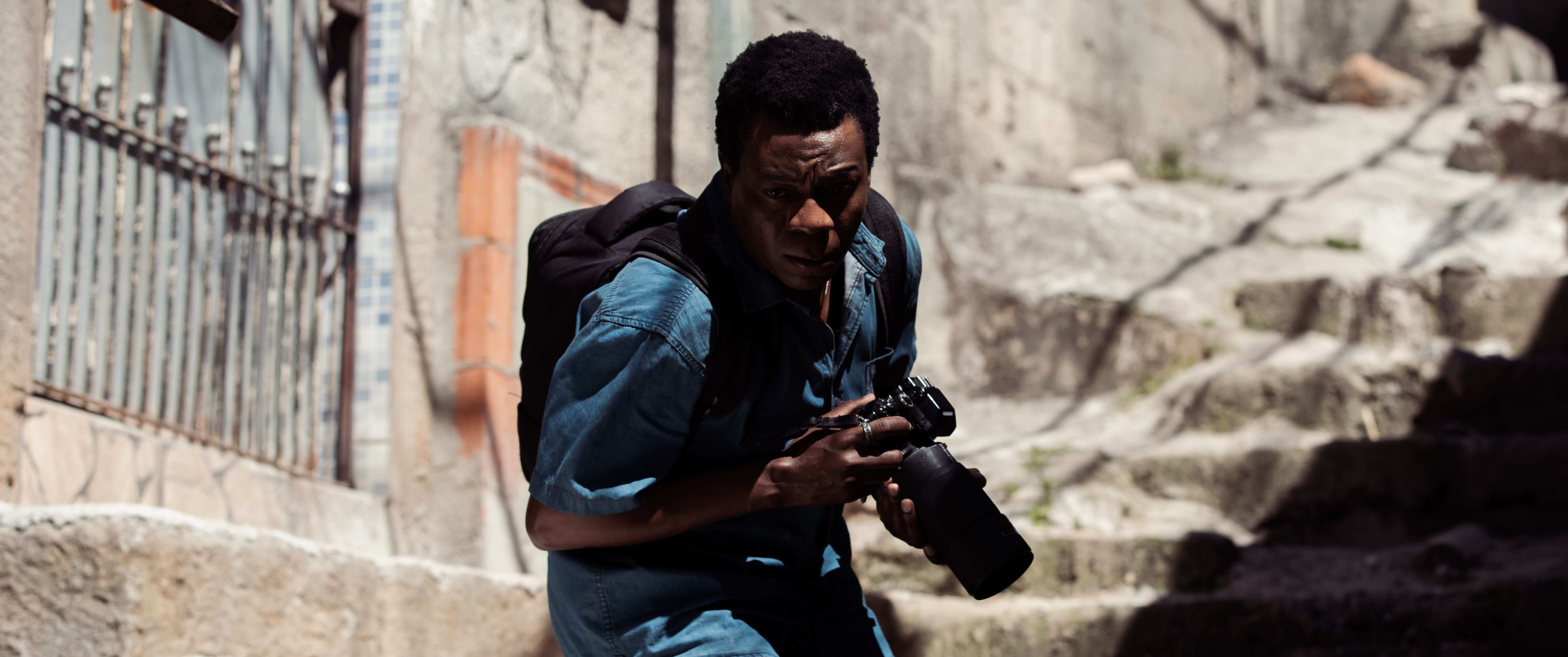Fernando Meirelles and Kátia Lund’s acclaimed Brazilian film ‘City of God’ and its sequel, Max’s crime series ‘City of God: The Fight Rages On,’ revolve around Wilson “Rocket” Rodrigues, a photographer who makes a name for himself by taking shots of the prominent gangsters who rule the titular neighborhood in Rio de Janeiro. While his family members, friends, and acquaintances are immersed in a world of life-threatening crime, Rocket saves himself by becoming a photographer. However, as the series depicts, he remains attached to the favela, witnessing new lords’ reigns. Like the neighborhood in the film and the sequel, the protagonist also has real-life roots!
Paulo Lins’ Experiences Inspired Rocket’s Creation
‘City of God’ and its sequel series are primarily based on Paulo Lins’ semi-autobiographical novel of the same name. Rocket can be seen as a fictionalized alter ego of the author, who grew up in the titular neighborhood in Rio de Janeiro like the former. In the original film, Rocket is a witness to the series of crimes and murders that are committed in the favela, just like the writer. “I grew up in [the] City of God, and I saw these things happen. [The] book came out of a project where I wanted to talk about my own life,” Lins told Blackfilm.
Even though Lins never became a photographer like Rocket, there are several similarities between him and the protagonist. In the movie, Rocket is the only person in his family who receives a formal education, as his brother, Goose, becomes a thief. While the latter lives his life as a gunslinger, he encourages his younger brother to study. Similarly, Lins was the first person in his family to graduate, and he could do so because of his brothers, who worked and paid his fees. When Fernando Meirelles and Kátia Lund adapted the novel to the 2002 film, they relied on a protagonist in the center of the narrative, which was missing in the literary work.
Thus, Rocket was created inspired by the experiences of Lins and a photographer friend. “No, the photographer is not me. Actually, Fernando Meirelles, the co-director, was the person who put that in the film because, in the book, there’s no one who goes from start to finish. The only unifying factor was this one point of view, and that would symbolize me and a photographer friend, and we sort of [combined] these characters to come up with the narrator in the film,” he added. As far as the author is concerned, anyone who escaped from the City of God without becoming a criminal can be seen as Rocket.
Andre Camara Took Photographs of the City of God’s Gangsters
In ‘City of God,’ Rocket escapes from a life immersed in crime when his photographs of the favela’s gangsters get published by a newspaper. The accidental development gives him a job and steady salary that takes him away from criminal activities. Similarly, Andre Camara put his life on the line to take pictures of the criminals who ruled the neighborhood when he was an emerging photographer, which was a feat considered impossible at the time.
“I was already working while in school at the age of 15. I got my first big break when I dared to go into the dangerous favela Cidade de Deus and managed to shoot images of drug lords holding guns. It was the first time anyone had managed to do this. I was 17 at that time and was working for a local newspaper. One of my bosses then went on to write the book, which later became a film,” Camara told Firstpost. The photographer initially worked for the Brazilian newspaper Jornal do Brasil. He then became an internationally known journalist after joining Reuters. His coverage of the 1993 Bishopsgate bombing in London, England, was highly acclaimed at the time.
After the Gulf War broke out, Camara was the only photographer in Baghdad, Iraq, for months. He also covered the 1994 FIFA World Cup for Reuters before moving to The Times, where he worked for over fourteen years. His coverage ranged from tragedies such as the 2005 7/7 London bombings to Cannes and Venice Film Festivals. Camara is a multiple-time winner of the British Press Awards. He is currently based in London, where he works as a freelance photographer after leaving The Times in 2009. Even though there are similarities between Camara and Rocket, it is important to remember that the latter is not entirely based on the real-life photographer.
‘City of God: The Fight Rages On’ reveals that Rocket is still stuck in the City of God, failing to find a way out of the favela. His boss does not transfer him to the sports division since his coverage of the neighborhood’s streets and crimes is exceptional. In reality, both Lins and Camara moved on from the favela years ago. The real-life photographer even managed to escape from the world of crime to explore fields such as the arts, fashion, and sports.
Read More: Best Gangster Movies on Netflix

